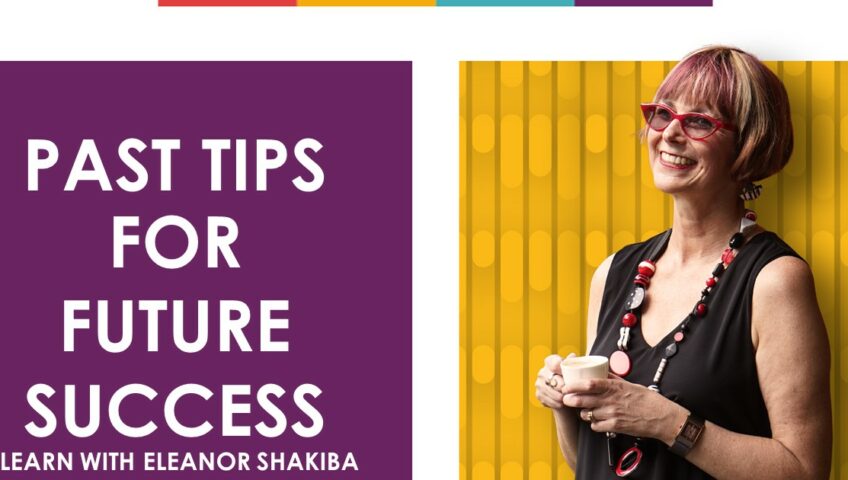
First-rate negotiators are adroit influencers. They know how to subtly guide their counterparts’ thinking by making smart linguistic choices. These are word choices that prime a listener to give a positive reaction. Think about the most influential people you know. I bet they’re skilled in the art of priming. They keep others on-side by framing their messages in positive and collaborative language. This means they get ‘yes’ responses more frequently.

